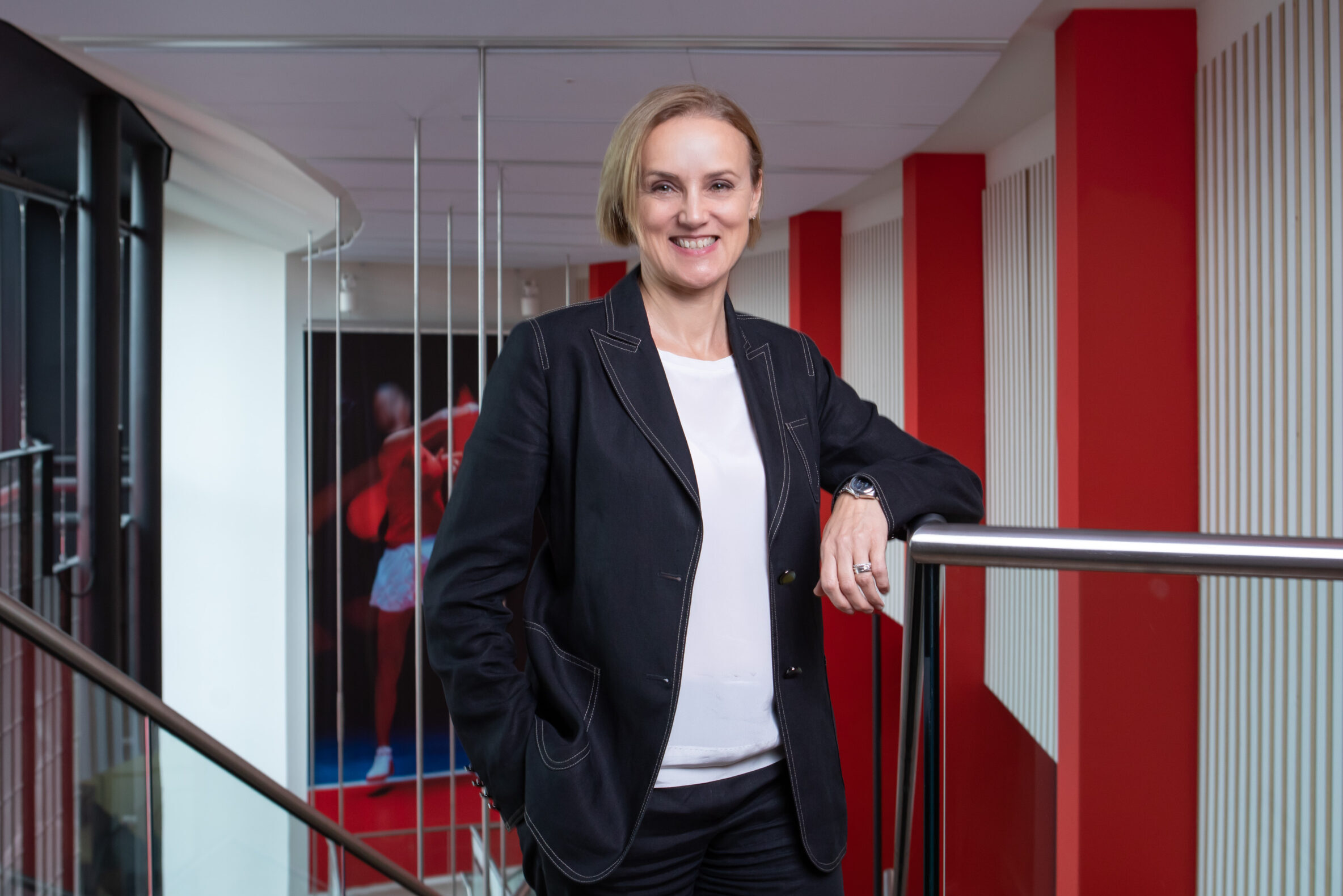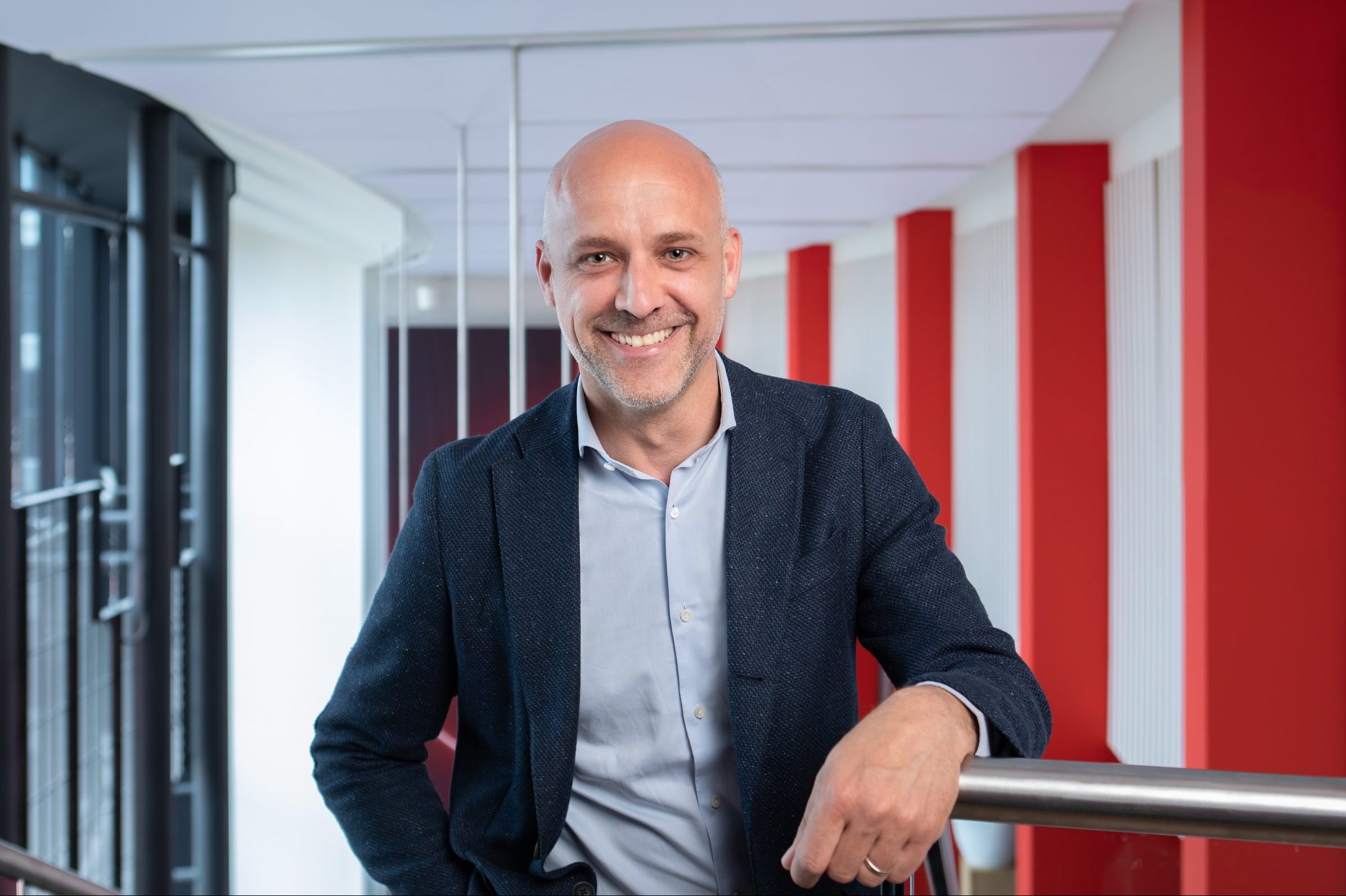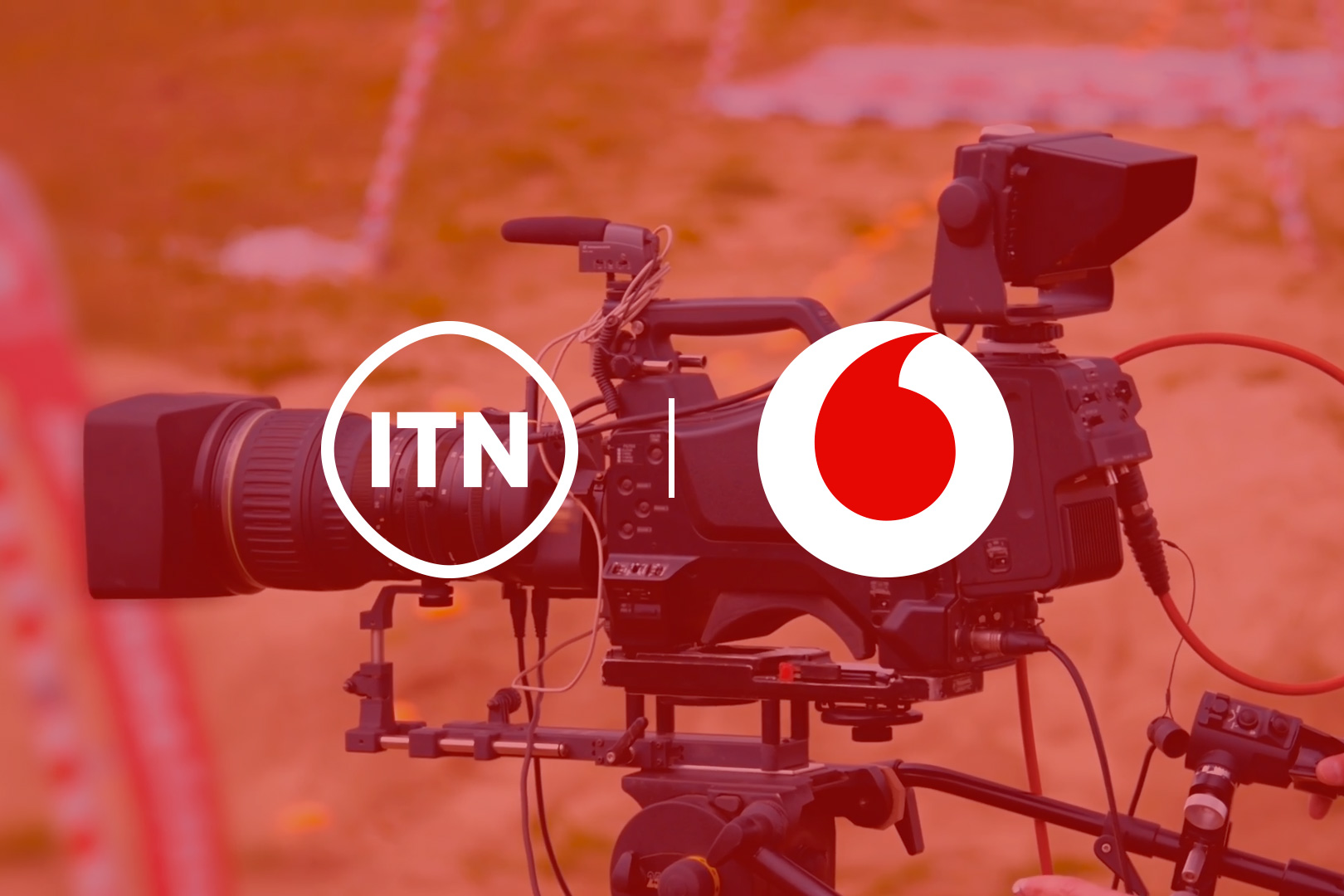
The Constellation of smart substations should help make for a more efficient and greener electricity network.
- Vodafone has partnered with UK Power Networks to help deliver Constellation, the electricity network operator’s revolutionary smart substation trial.
- Vodafone will provide 5G connectivity to electricity substations, making them more efficient and freeing up capacity for clean energy to help reach the UK’s target of net zero carbon emissions by 2050.
- UK Power Networks owns and maintains electricity cables and lines across London, the South East and East of England.
- If rolled out across the UK, the 5G-powered solution being trialed in Constellation could save 63,702 tonnes of CO2 by 2050, equivalent to the carbon emissions of 38,607 return flights from London to New York.
Vodafone and UK Power Networks, the country’s biggest electricity network operator, have announced a world-first trial to connect parts of the UK’s electricity network with high-speed 5G. The deal is part of the electricity network operator’s Constellation project, which will see powerful computers installed in electricity substations so they can communicate with each other in real time, over 5G, to improve efficiency. Increasing efficiency will enable more clean energy sources and low carbon technologies like electric vehicles to connect to the network. The project is funded by the Network Innovation Competition administered by Ofgem.
Industry experts including General Electric, the University of Strathclyde, ABB and Siemens will develop and demonstrate software solutions so that each substation can edit the configuration of the network automatically to run more efficiently. It means they will be able to respond to dynamic changes to the electricity network or future demands caused by large scale shifts to renewable energy, electric vehicles and electric heating.
The project aims to supercharge the UK’s net zero carbon ambitions by creating extra room for renewables on the network. UK Power Networks has seen a huge rise in the volume of clean energy like wind and solar connecting to the grid over the past ten years, going from just a handful of large, centralised generators in 1990 to more than 170,000 today. These range from household solar panels to large-scale commercial wind farms.
If rolled out across the UK, the solution being trialed in Constellation could save 63,702 tonnes of CO2 by 2050 – equivalent to the carbon emissions of 38,607 return flights from London to New York.
The smart substations needed to manage the electricity network in real time will communicate with each other over a dedicated, highly secure slice of Vodafone’s 5G Standalone (5G SA) network.
Once substations are connected using 5G – which is up to 100 times faster than 3G and ten times faster than 4G – each substation will be able to analyse millions of data points and manage the network to run more efficiently.
Network slicing is a service that allows Vodafone to create several different virtual networks, each with its own characteristics (e.g. low latency or high bandwidth), across the same infrastructure. This allows customers to define their own network experience depending on their specific requirements. 5G is cheaper than other potential communication methods like optical fibre or microwave connections, so it can be scaled economically across UK Power Networks’ license areas.
The Constellation project team will select multiple testing locations across UK Power Networks areas in the South East of England and at the University of Strathclyde’s Power Networks Demonstration Centre, a test facility near Glasgow.
Andrea Dona, Chief Network Officer, Vodafone UK, said: “Helping our customers achieve their ambitious net zero targets is an essential part of our strategy. The team at UK Power Networks has seen the huge potential of 5G and network slicing. 5G is not only replacing older and more expensive technologies, it is bringing about new capabilities that benefit everyone – consumers, businesses and our environment. We are looking forward to working with UK Power Networks on this exciting and innovative project.”
Ian Cameron, head of customer services and innovation at UK Power Networks, said: “Working with Vodafone and our industry and academic partners, we are creating an exciting platform that keeps our networks the smartest in the world. We already have smart control rooms and smart electric vehicle chargers – developing smart substations in the middle will help us facilitate net zero and deliver real cost and carbon savings for our customers.”
Vodafone has committed to reaching net zero carbon emissions across its UK operations by 2027 and recently announced that every area of its business in the UK – including its network, data centres, retail stores and offices – is now 100% powered by electricity from renewable sources, such as wind, solar and hydro.
-ends-
About UK Power Networks
UK Power Networks is the country’s biggest electricity distributor, making sure the lights stay on for more than eight million homes and businesses across London, the South East and the East of England. Network operators aren’t the same as energy suppliers; network operators manage local power lines and substations, while energy suppliers sell the electricity that runs through the power lines.
UK Power Networks continues to be listed in the Top 25 Best Big Companies to Work For, and made industry history by becoming the first company to win Utility of the Year two years running (2015 and 2016, also 2012).
The company invests more than £600 million in its electricity networks every year, offers extra help to vulnerable customers at times of need, and is undertaking trials to ensure that electricity networks support the transition to a low carbon future. It also moves cables and connects new electricity supplies. If you have a power cut ring 105, see www.ukpowernetworks.co.uk or tweet us @UKPowerNetworks.
![Happy friends cheering [Adobe Stock]](https://www.vodafone.co.uk/newscentre/app/uploads/2024/07/Happy-friends-cheering-Adobe-Stock.jpg)
![2-Young man enjoying a rugby match at the stadium[Adobe Stock] stock image of a happy bearded man in the stands at a stadium enjoying a rugby match](https://www.vodafone.co.uk/newscentre/app/uploads/2024/04/2-Young-man-enjoying-a-rugby-match-at-the-stadiumAdobe-Stock.jpg)


